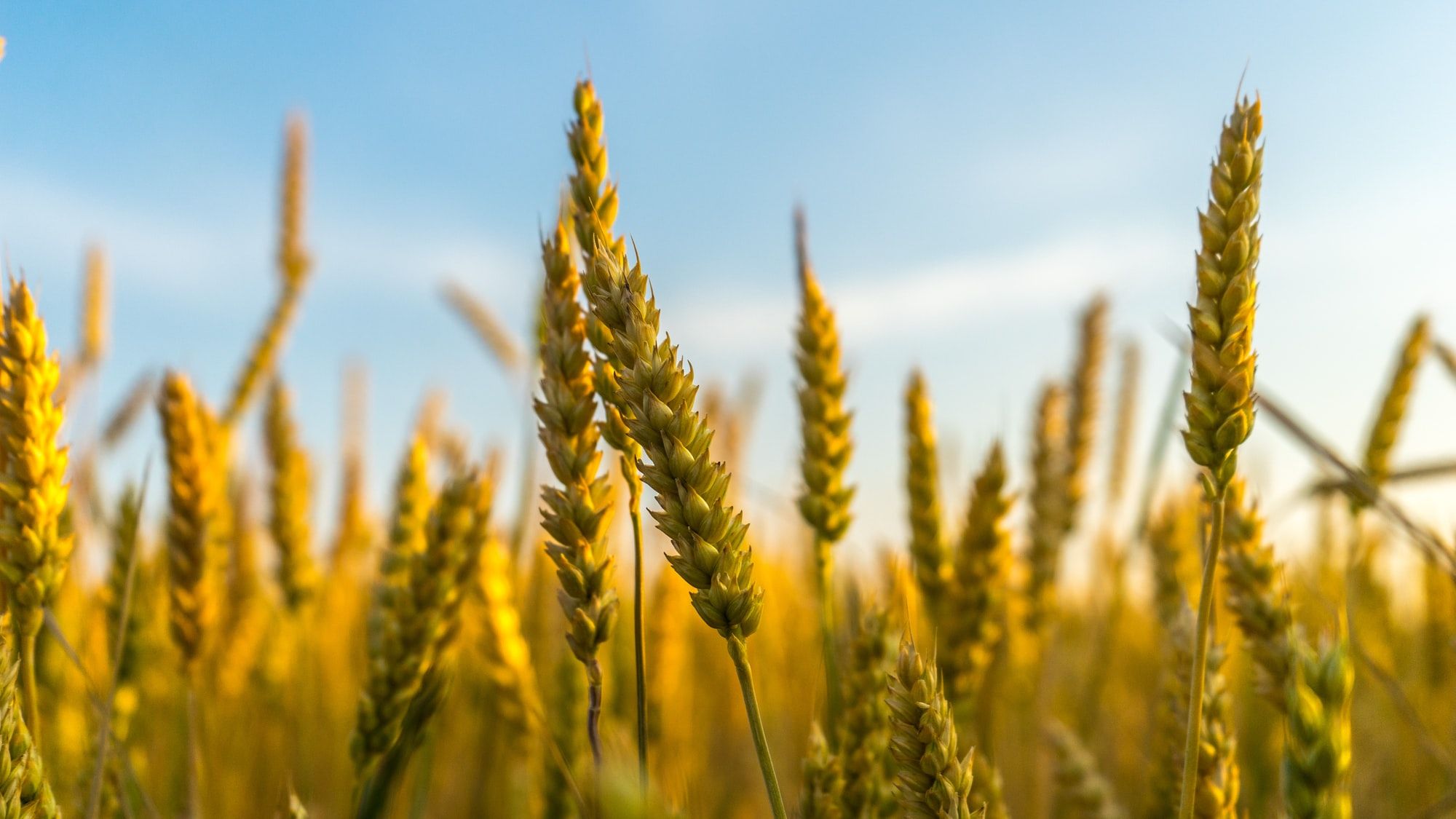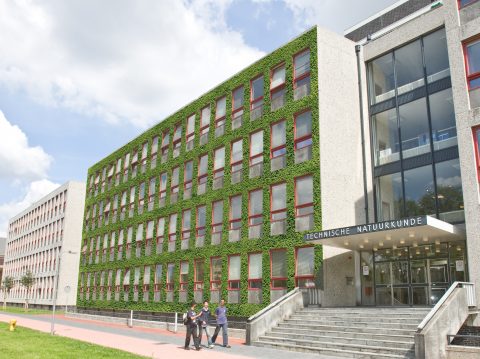
A new idea regarding the modification of crops has come from the RIKEN Center for Sustainable Resource Science in Japan. They have developed a way to improve crop quality without any genetic changes.
The new method is used instead of changing the plant's DNA while it’s still in seed form. To create the same effect, this substitute uses active biomolecules in the form of a spray applied to grown plants. Optimist Daily explains that scientists utilized nanoparticles known as cell-penetrating peptides (CPPs) to achieve this. These are small enough to pierce plant cells.
How does this work? When the biomolecules bind to the plant’s DNA, something called the plant’s gene expression (which is the process of using genetic information to make a new product) can alter in numerous ways. Some of these are: influencing yield, increasing the number of pores for water uptake to resist droughts, and fighting off parasites.
This method tweaks how individual plants directly interact with their environment.
Optimist Daily writes that this treatment is incredible because it targets specific genes thanks to a DNA attachment called a plasmid. The particular plasmid sequence chosen for this treatment will only use the nanoparticles to alter the specific plant applied. Another positive aspect of this is that the protein product can break down naturally in nature.
Because this biomolecule spray can diminish or even replace fertilizers and pesticides, it can be a tremendous ally when trying to reduce the adverse environmental effects of farming.
To learn more about how this technology works, you can read the team'sthe team's research paper published in ACS Nano.







